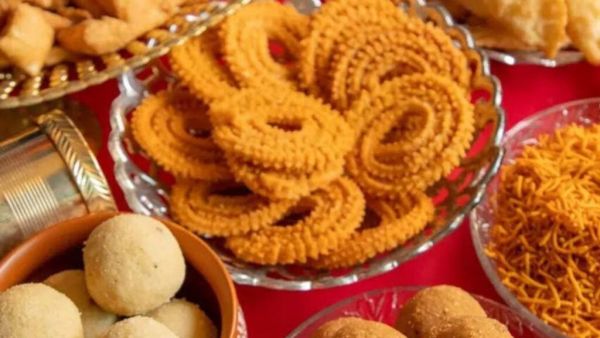
Diwali is the festival of enthusiasm and demand. Diwali said that rangoli, lanterns, but also the sweetness of the fist is equally important. Diwali is incomplete without a farala. In the past, there was no such thing as today. The women of the family were together at home and the neighbors or relatives were given the habitat at home. It is a daunting thing about how the practice of making a farala was started today.
At a young age, it was fun to give the home -made neighbors. Kison Ki Duniya’s Instagram page has been reported on how the practice of the same spare began. In fact, our festival and culture are based on the season. Diwali comes in the shade season, ie winter. At this time, agricultural work has been done and grain is stored. Ghee, sugar jaggery and semolina are beneficial for the body to get energy on these cold days. So from these genres, everyone began to make sweet and chilli foods as they like.
The practice of Farala began at the 1/3 century. How this practice begins, it is said that man is a popular animal. Therefore, whatever we are making, what we are doing to others is satisfied. Therefore, the school started to give these substances to the nearest relatives. Even in the days of Chhatrapati Shivaji Maharaj, giving Diwali soldiers to Diwali was considered as a way of happiness and unity. If you look even more in history, you will find that Diwali Faraal is found in the Peshwa carpet documents.
In Maharashtra for many years DiwaliIt is customary to give them gifts to friends and relatives. Therefore, Farala is not only a practice in Diwali but also a symbol of affection and affection. In the past, women had to be busy at home all year long. On the occasion of Diwali, this became a social practice of all the families of all the people sitting together. At this time, sweet and chili dishes are made in the house. These substances are enjoyed by giving these foods to relatives, neighbors. Today, even though the market is easily available, many families still have the tradition of making domestic bruises. Some follow these practices in a modern way by giving friends and colleagues. In a nutshell, the practice of Diwali is a symbol of affection, integration and happiness.